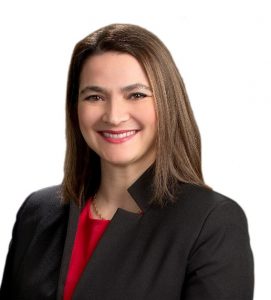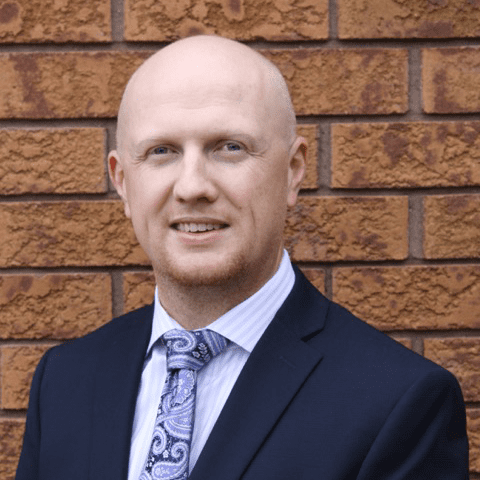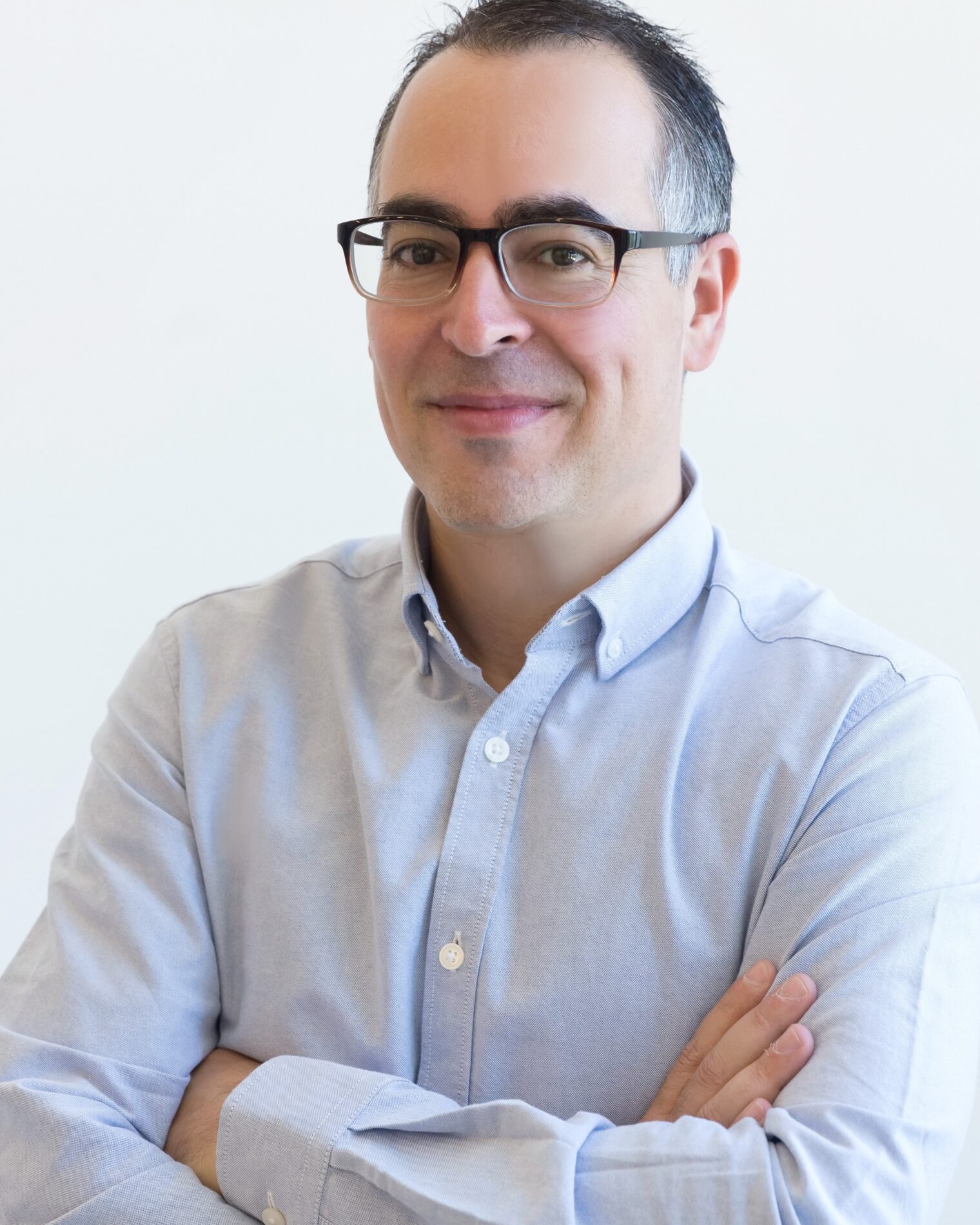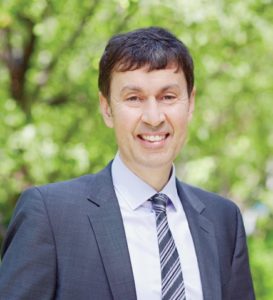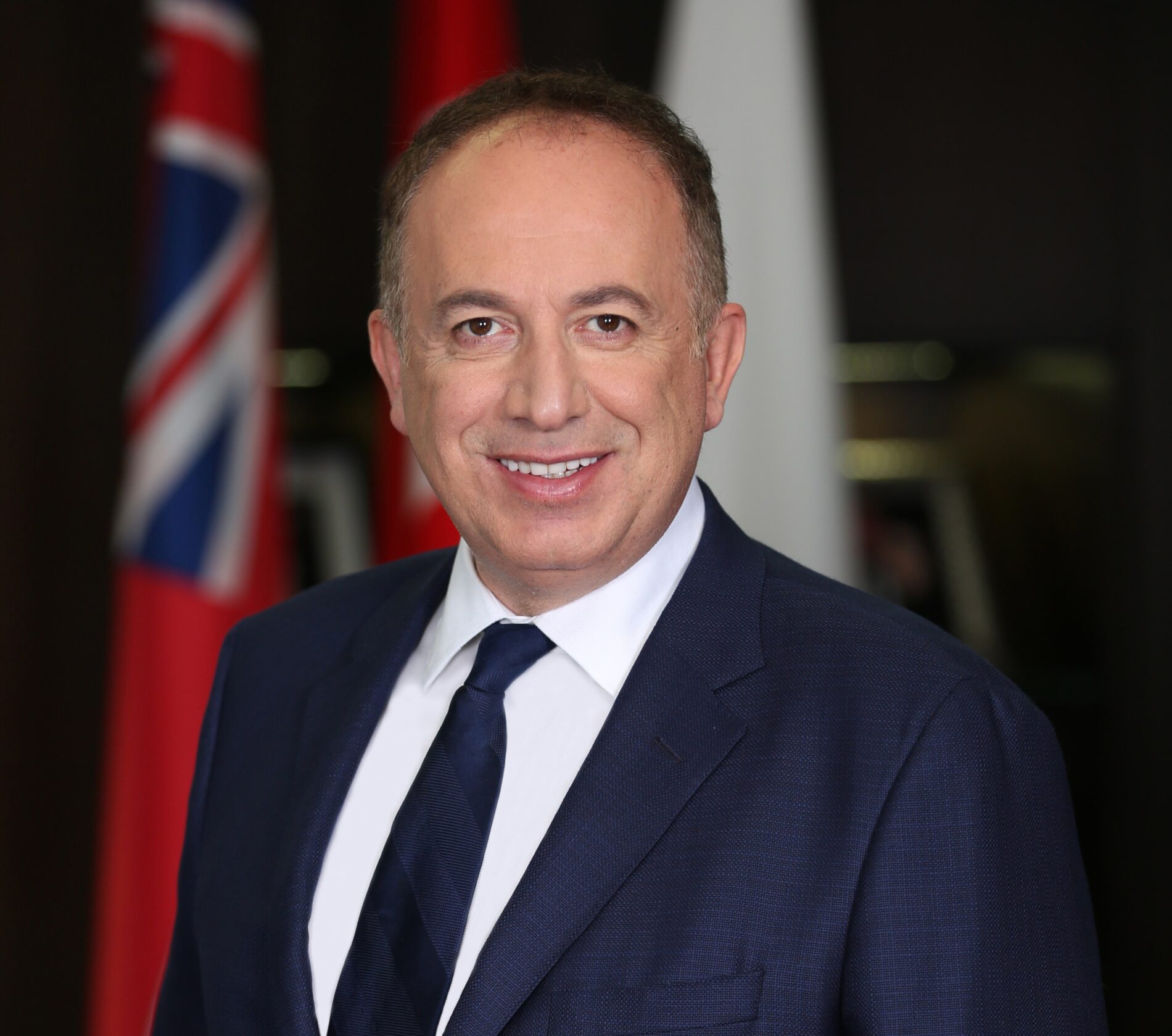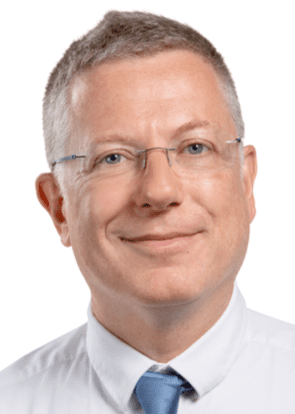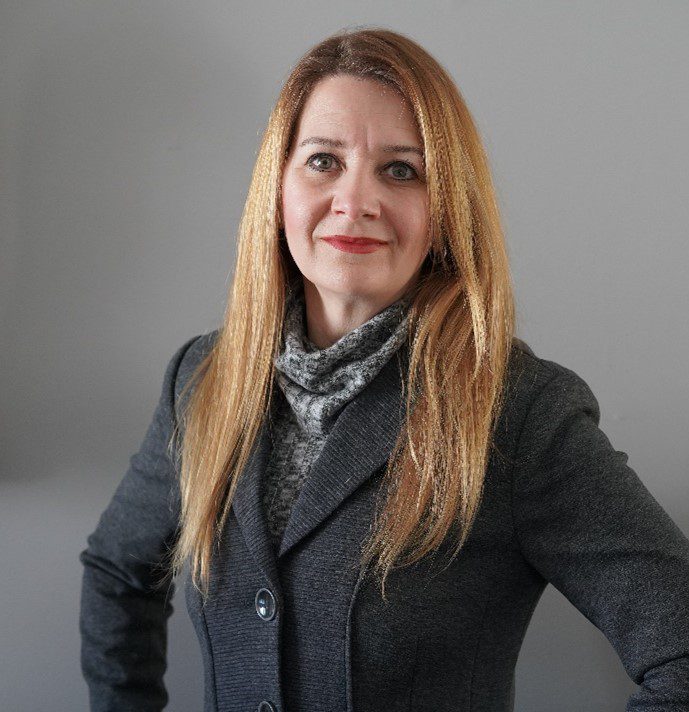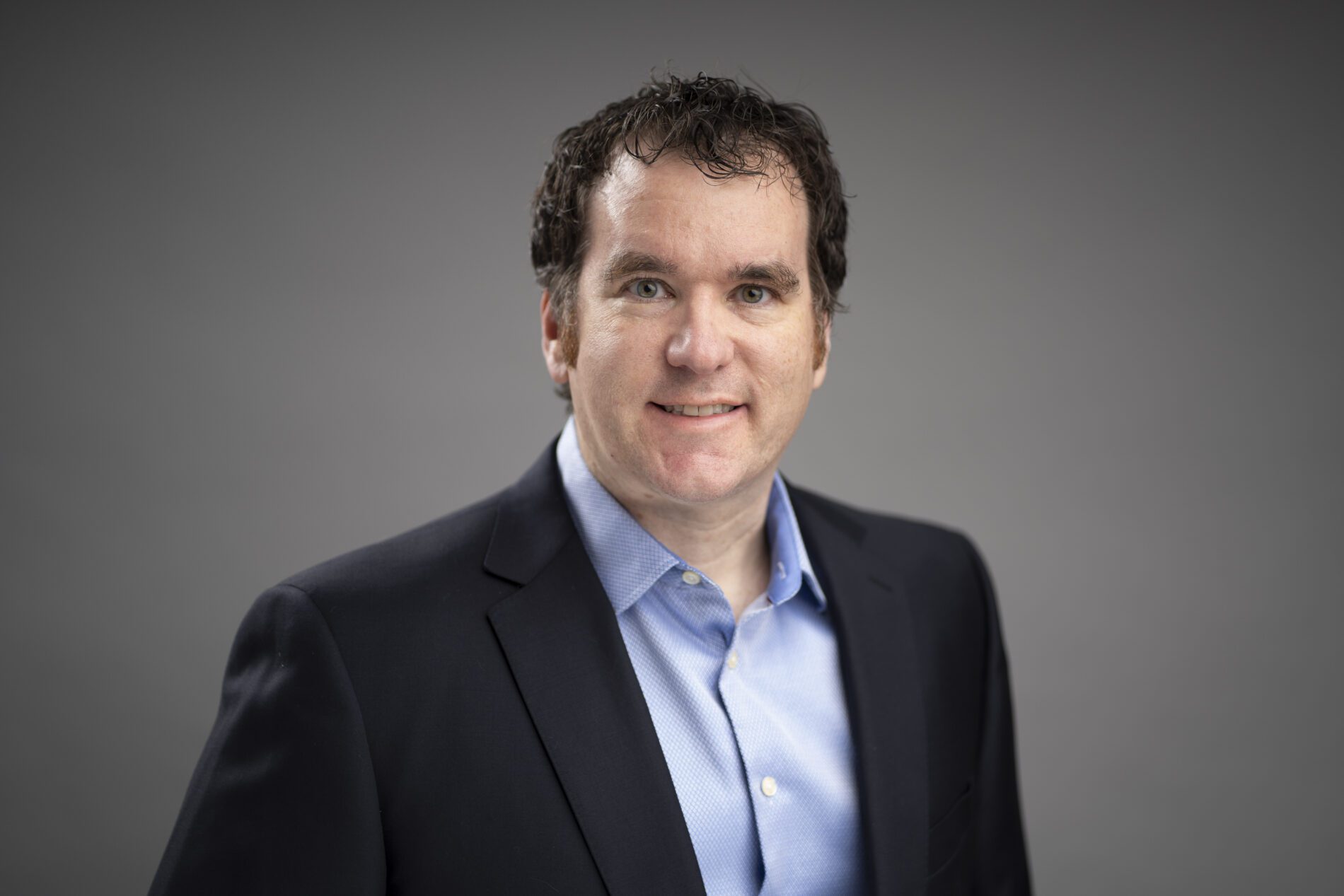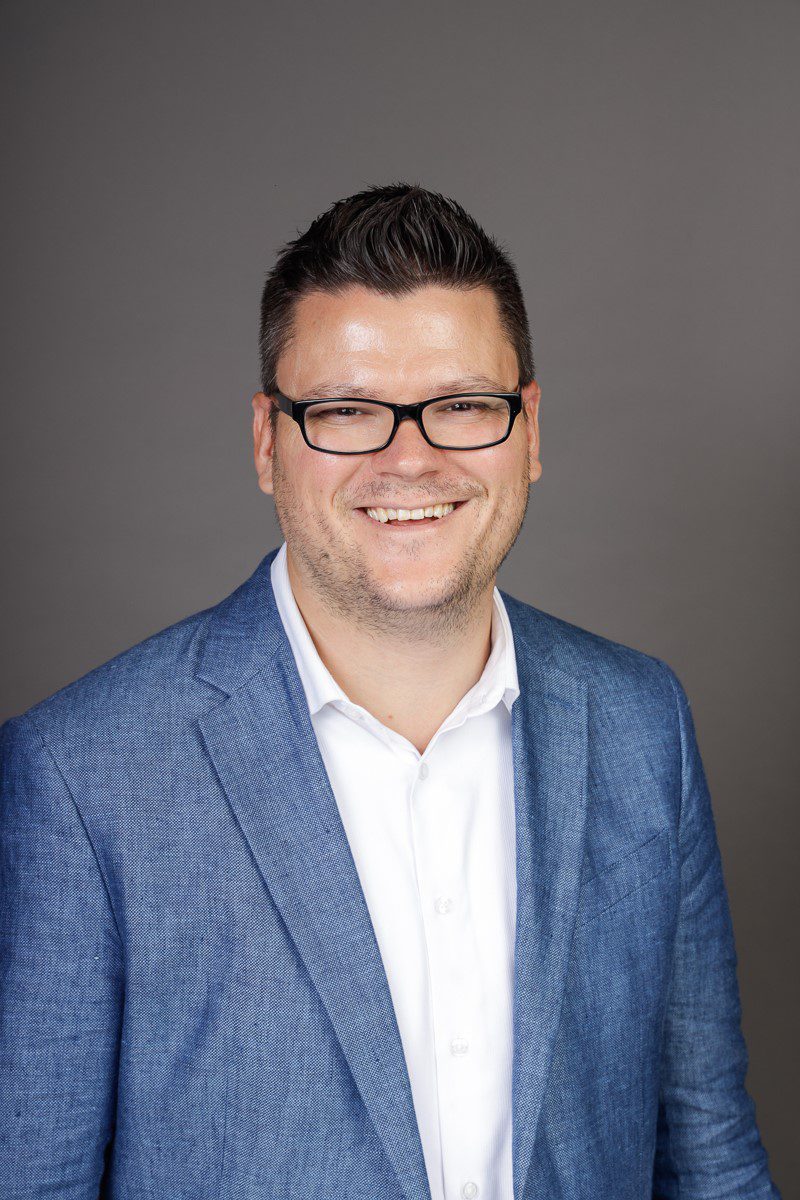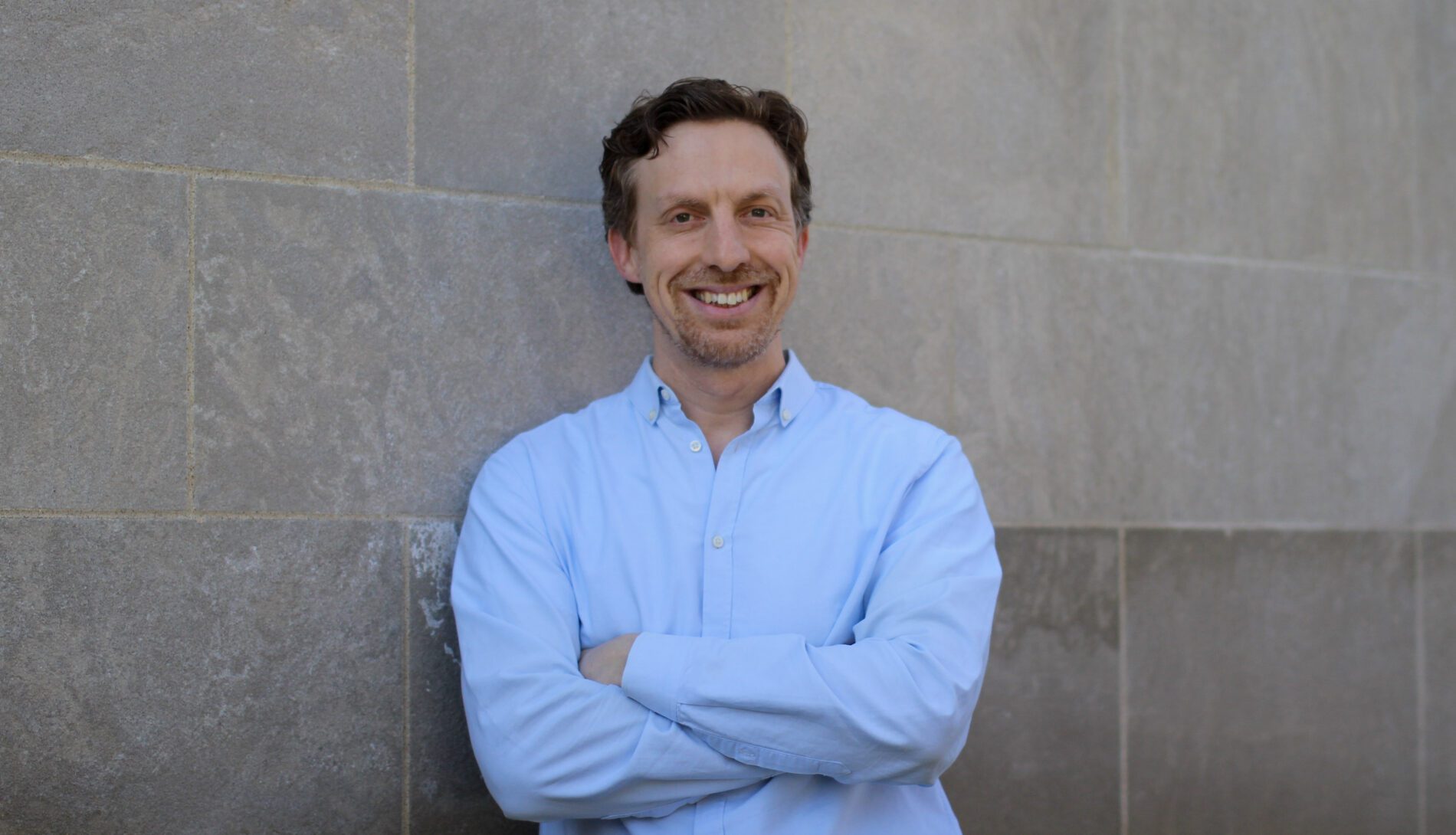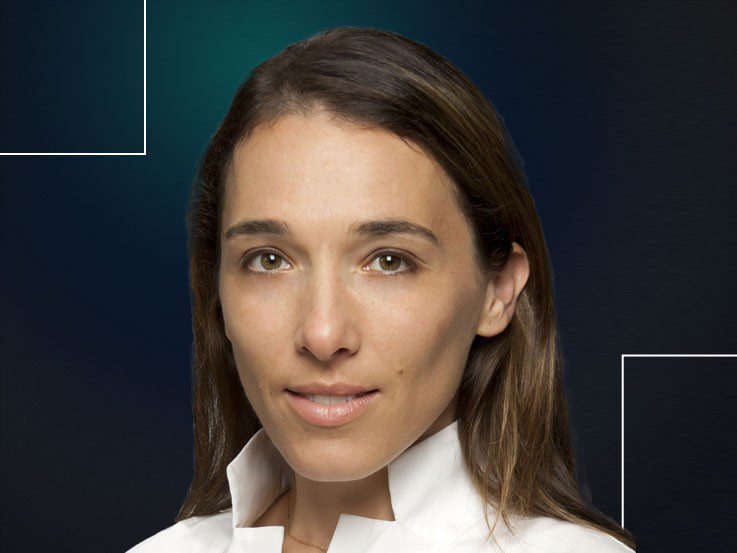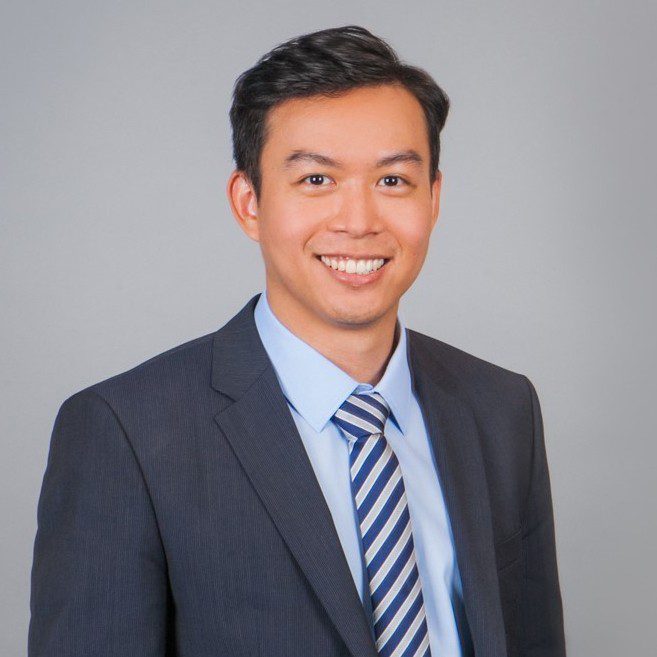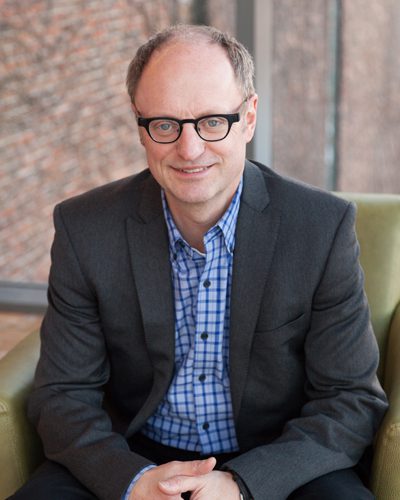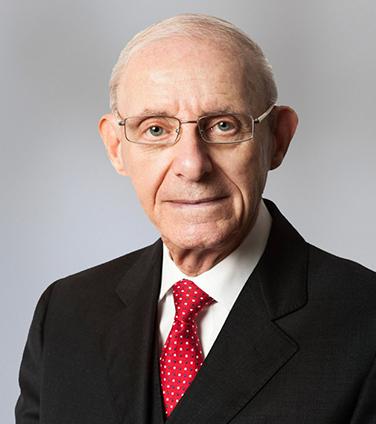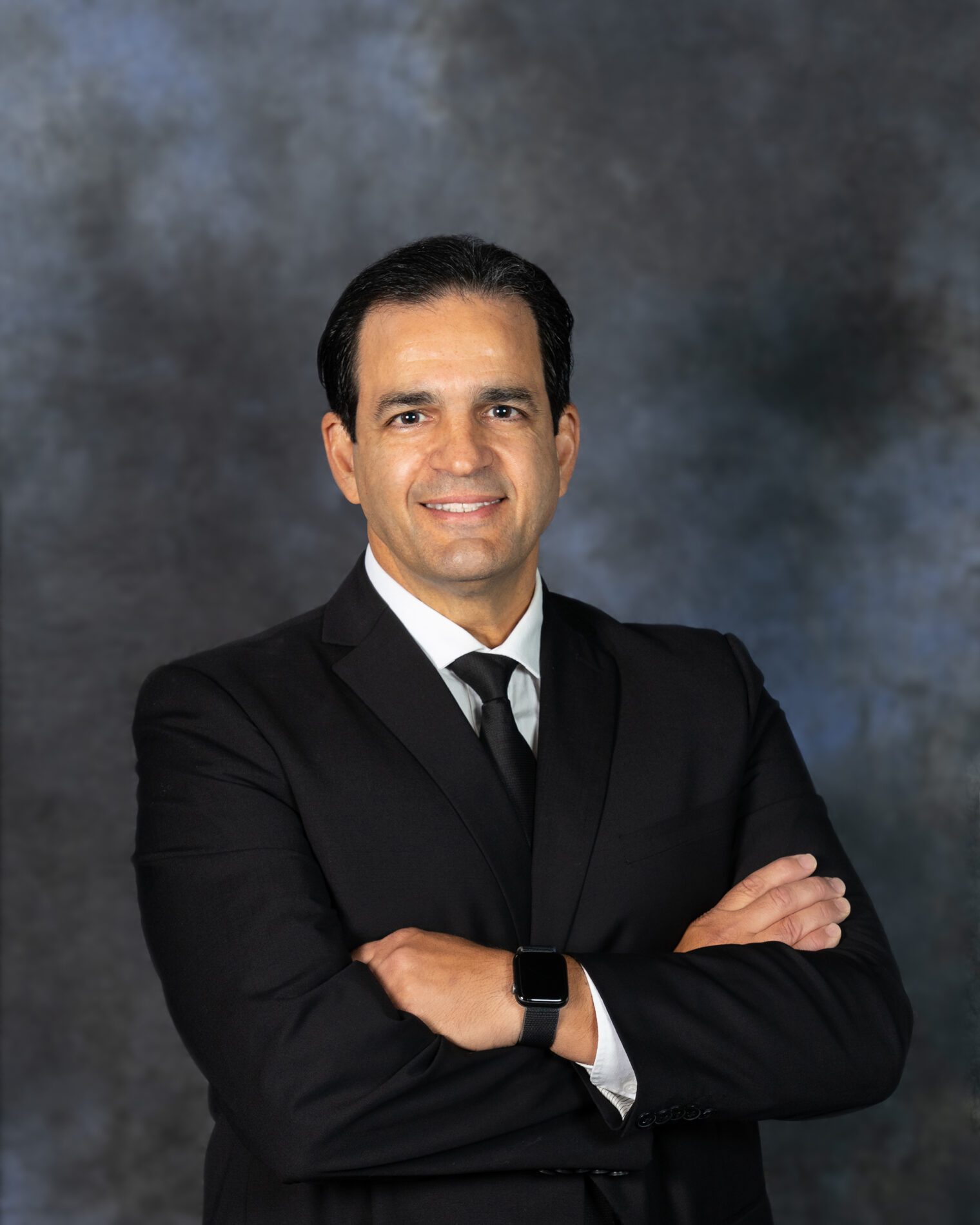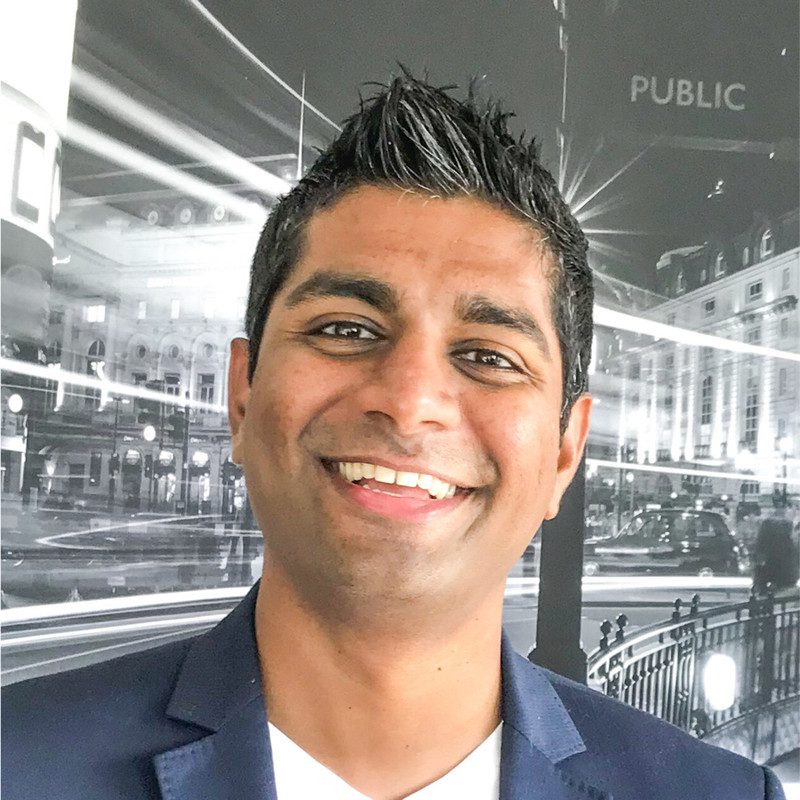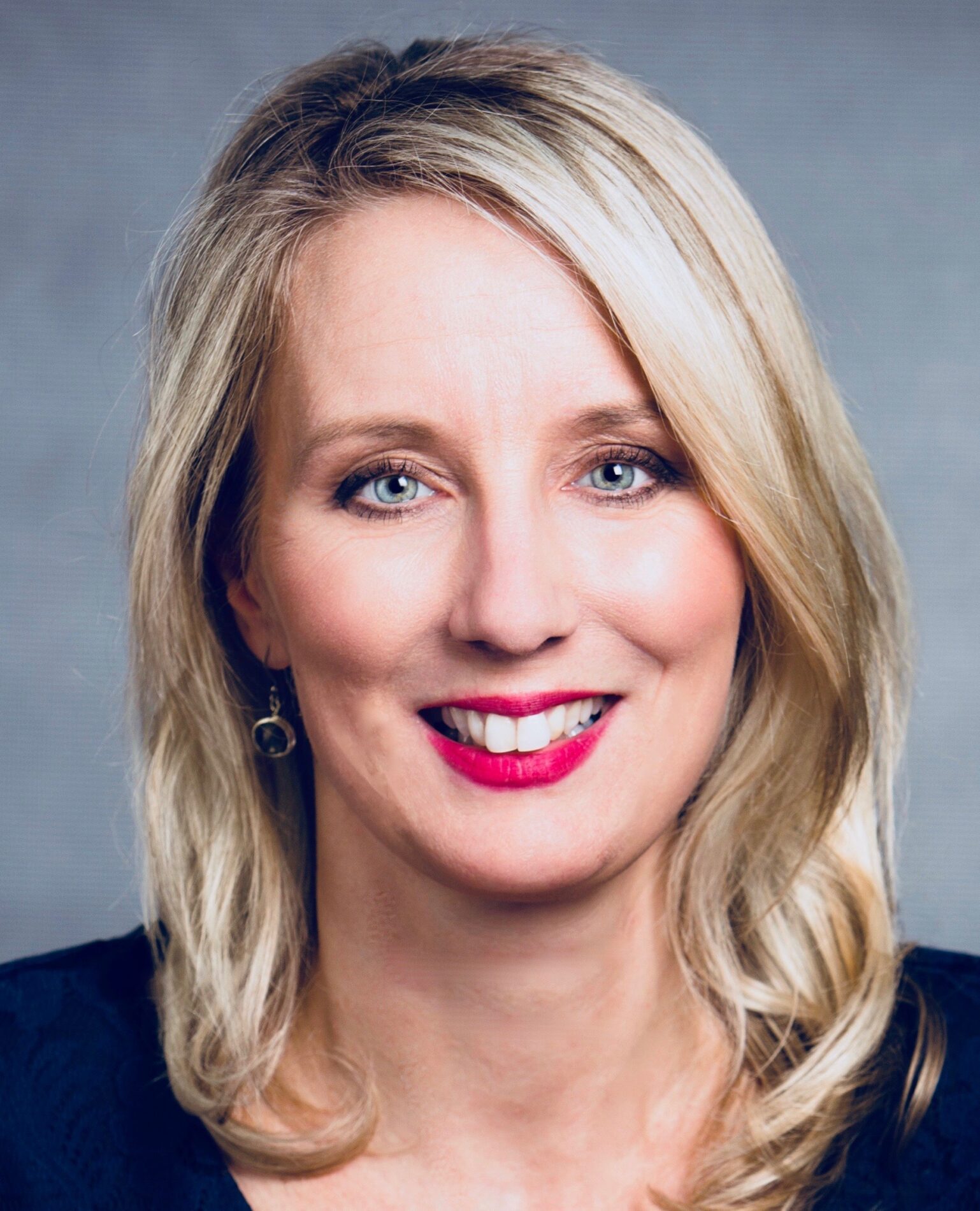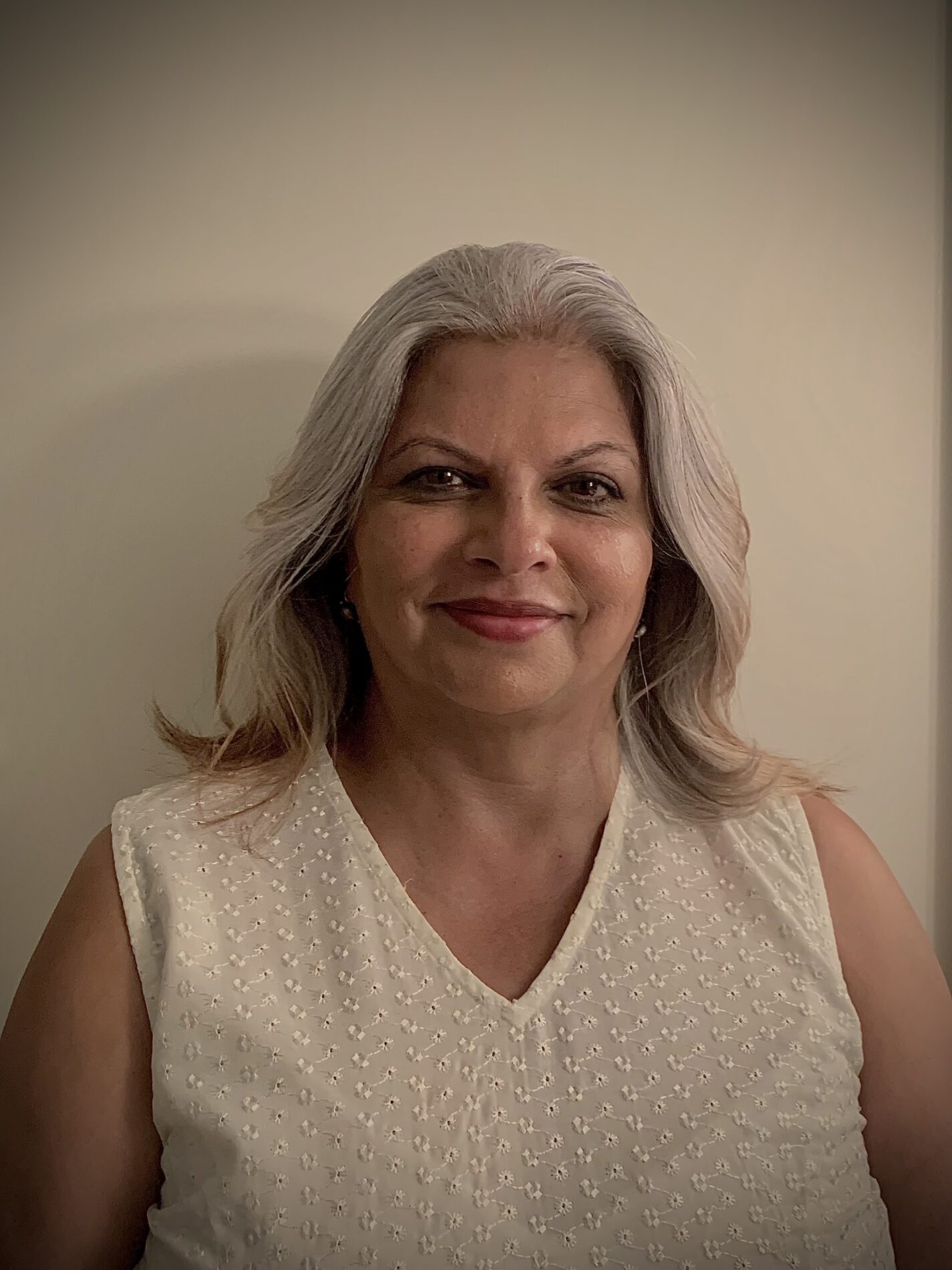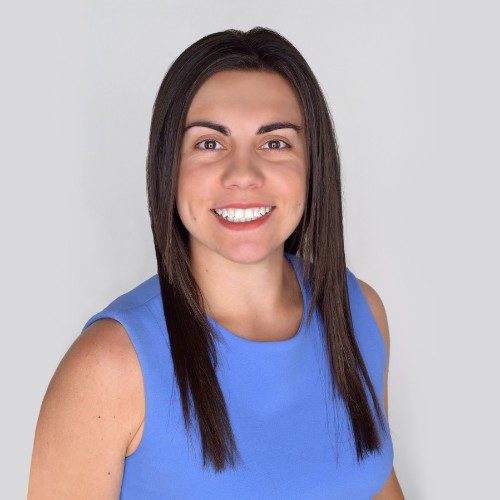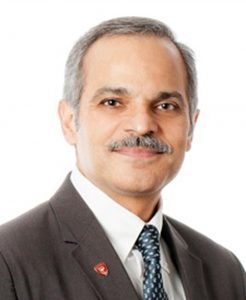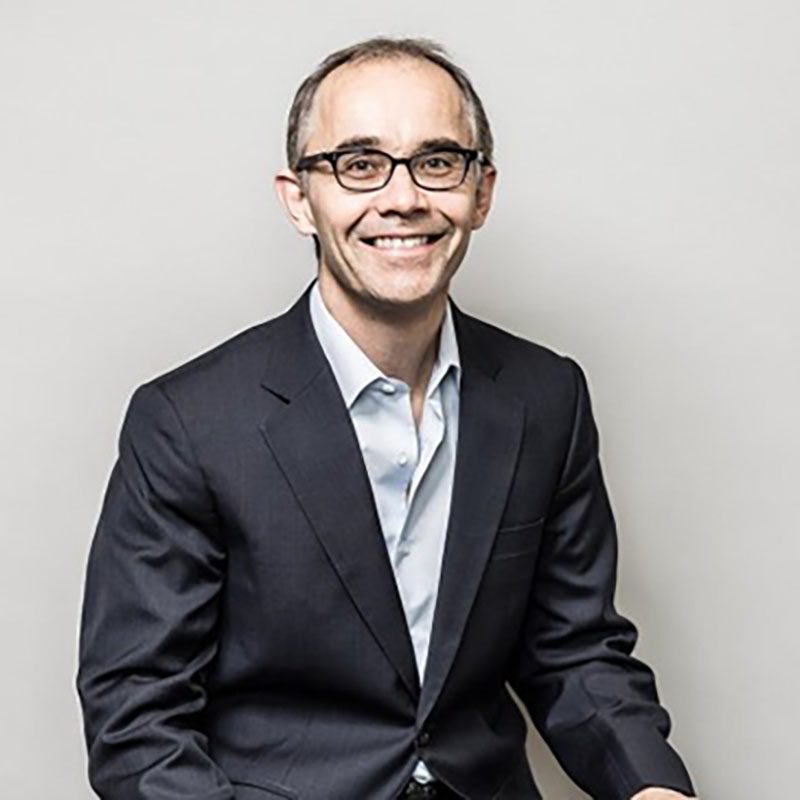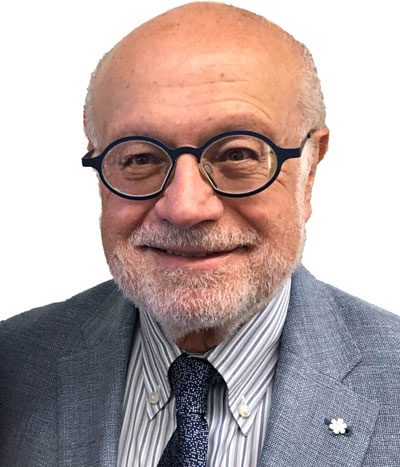Bracing for Impact Conference: The Future of AI for Society
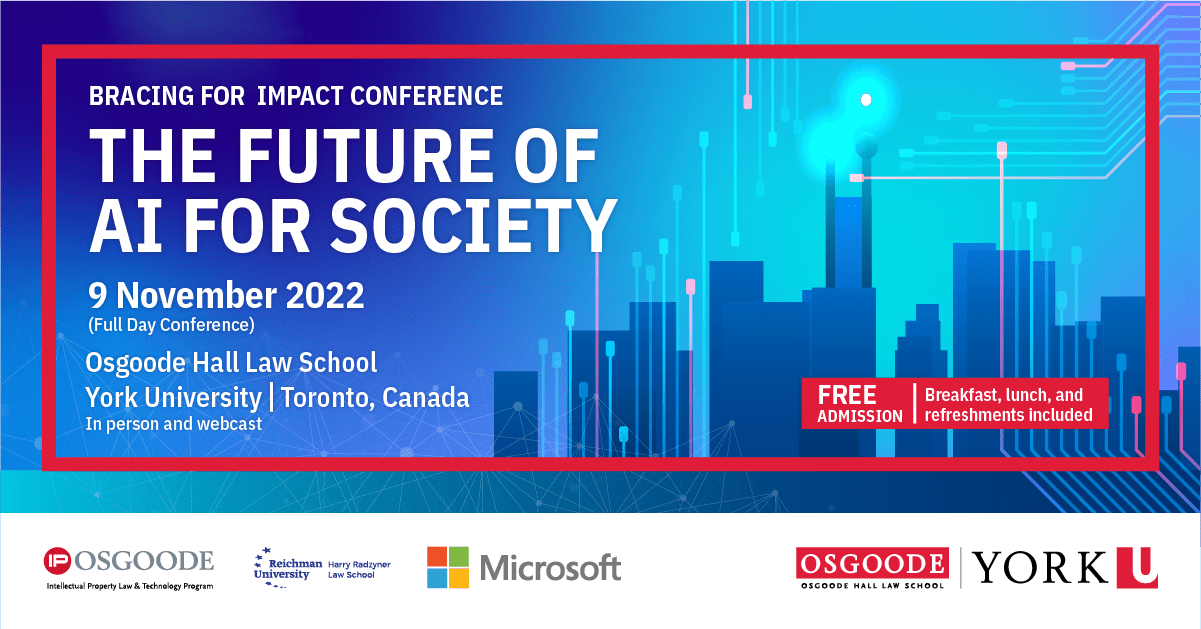
Date: 9 November 2022
Time: 9:00 AM – 5:30 PM
Location: Osgoode Hall Law School, York University, Toronto, Canada and Webcast via YouTube
Conference Synopsis
Advancements in the field of artificial intelligence are progressively taking up more space in the world’s collective imagination about what the future of humanity could look like. Despite the tremendous potential we see in these technologies, their real-world application and integration remains relatively nascent. Implementing AI technology in society requires complex inter-disciplinary engagement between engineers, social scientists, application area experts, policy makers, users and impacted communities. Focusing on the application areas of smart cities, healthcare, and legal practice, this one-day conference brings together a multi-disciplinary audience to discuss how, through interdisciplinary collaboration, AI can help us to shape a more just, equitable, healthy, and sustainable future.
Organizing Committee
Conference Chair: Prof. Pina D’Agostino, Founder & Director, IP Osgoode & IP Innovation Clinic, Osgoode Hall Law School & Co-Director, Centre for AI & Society (CAIS), York University
Prof Pina D’Agostino is a law professor, lawyer and recognized international scholar at Osgoode Hall Law School, York University specializing in intellectual property, technology and innovation law and policy. Prof D’Agostino is regularly called by Canadian and Foreign governments for advice She is a widely published author and a cited authority at the Supreme Court of Canada and in various media. She brings her creativity and passion to her role as Founder and Director of IP Osgoode, the IP Intensive, and the IP Innovation Clinic, the first legal clinic of its kind helping inventors and start-ups. She was an Associate for a large Toronto firm and recruited into the Canadian Government by the Recruitment of Policy Leaders as a Senior Policy Analyst working on copyright policy. She serves on the Board of Directors of Alectra Inc. and Chairs its new GRE&T Centre, advancing innovation and sustainable energy solutions. Prof D’Agostino has a Masters and Doctorate in Law (University of Oxford) specializing in copyright law, an LL.B (Osgoode Hall Law School) and is a member of the Law Society of Ontario, a Senior Fellow at the Centre for International Governance Innovation (CIGI), Co-Chair of the York University AI & Society Task Force, and appointed to the City of Vaughan Smart City Task Force. Prof D’Agostino is the recipient of various grants, honours, and awards and is currently working on two books in the areas of copyright, AI and technology, innovation law and policy. She works tirelessly to advance women’s and more diverse voices in the intellectual property and innovation landscape. Her three books, Copyright, Contract, Creators: New Media, New Rules; The Common Law of Intellectual Property: Essays in Honour of Professor David Vaver (with L Bently and C Ng); and Leading Legal Disruption: Artificial Intelligence and a Toolkit for Lawyers and the Law (with C Piovesan and A Gaon) are widely available
Prof. Ian Stedman, Assistant Professor, School of Public Policy & Administration, York University
Ian Stedman is an Assistant Professor, Canadian Public Law and Governance in the School of Public Policy and Administration. He is cross-appointed to the graduate programs at Osgoode Hall Law School and in Socio-Legal Studies and serves as the Director of Research for the York Collegium for Public Ethics. After being called to the bar of Ontario in 2009, Professor Stedman practiced law in the private sector before moving to the public sector where he advised public officials about their ethical and legal obligations. His expertise in public sector governance, particularly in relation to ethics and accountability, accordingly, underscores much of his academic work. Professor Stedman serves as a legal member on the Research Ethics Board at SickKids and is a member of York University’s A.I. and Society Task Force. His work in the area of law and technology earned him the IP Osgoode David Vaver Medal for Excellence in IP Law in 2020.
Prof. Aviv Gaon, Senior Lecturer, Harry Radzyner Law School, Reichman University
Dr. Aviv Gaon earned his Ph.D. in Law from Osgoode Hall Law School, Toronto, Canada in 2019. Dr. Gaon is a member of the IP Osgoode Center for Intellectual Property and Technology, and a 2019-2020 Fellow at The Munk School of Global Affairs and Public Policy at the University of Toronto. Dr. Gaon specializes in Intellectual Property, Law & Technology and Competition Law. Dr. Gaon earned his bachelor and master degrees in Law (LL.B & LL.M) at IDC Herzliya ,and upon completion of his legal studies, joined a top Israeli law firm as an associate at the Competition & Antitrust Department, where he provided legal counsel to individuals and companies with respect to a wide range of legal issues. In his academic capacities, Dr. Gaon is the Director of IDC Herzliya Experiential Programs, the Director of Harry Radzyner Law School Honorary Program, and an Adjunct Professor at Ben-Gurion University of the Negev. Dr. Gaon recent publications focus on legal implications and regulation of emerging technologies including artificial intelligence. Dr. Gaon’s recently published Leading Legal Disruption: Artificial Intelligence and a Toolkit for Lawyers and the Law (with Pina D’Agostino and Carole Piovesan), and his own The Future of Copyright in the Artificial Intelligence Era (Edward Elgar Publications) is forthcoming this fall.
Welcoming Remarks (9:00 AM-9:30 AM)
Prof. Pina D’Agostino, Founder & Director, IP Osgoode & IP Innovation Clinic, Osgoode Hall Law School & Co-Director, Centre for AI & Society (CAIS), York University
Prof Pina D’Agostino is a law professor, lawyer and recognized international scholar at Osgoode Hall Law School, York University specializing in intellectual property, technology and innovation law and policy. Prof D’Agostino is regularly called by Canadian and Foreign governments for advice She is a widely published author and a cited authority at the Supreme Court of Canada and in various media. She brings her creativity and passion to her role as Founder and Director of IP Osgoode, the IP Intensive, and the IP Innovation Clinic, the first legal clinic of its kind helping inventors and start-ups. She was an Associate for a large Toronto firm and recruited into the Canadian Government by the Recruitment of Policy Leaders as a Senior Policy Analyst working on copyright policy. She serves on the Board of Directors of Alectra Inc. and Chairs its new GRE&T Centre, advancing innovation and sustainable energy solutions. Prof D’Agostino has a Masters and Doctorate in Law (University of Oxford) specializing in copyright law, an LL.B (Osgoode Hall Law School) and is a member of the Law Society of Ontario, a Senior Fellow at the Centre for International Governance Innovation (CIGI), Co-Chair of the York University AI & Society Task Force, and appointed to the City of Vaughan Smart City Task Force. Prof D’Agostino is the recipient of various grants, honours, and awards and is currently working on two books in the areas of copyright, AI and technology, innovation law and policy. She works tirelessly to advance women’s and more diverse voices in the intellectual property and innovation landscape. Her three books, Copyright, Contract, Creators: New Media, New Rules; The Common Law of Intellectual Property: Essays in Honour of Professor David Vaver (with L Bently and C Ng); and Leading Legal Disruption: Artificial Intelligence and a Toolkit for Lawyers and the Law (with C Piovesan and A Gaon) are widely available.
Mr. Paul Tsaparis, Chair of the Board of Governors, York University
Board of Governors Chair Paul Tsaparis, MBA’84, has long championed York’s vision as a leading comprehensive and research-intensive university. His appointment on July 1, 2018 is the culmination of two decades of service to York and a distinguished 30-year career marked by progressively senior appointments within multinational information technology company Hewlett-Packard, including 12 years as president and CEO of Hewlett-Packard Canada. Prior to his retirement in 2012, he served as HP America’s vice-president of technology support. Paul’s service to York began in 1998 when he was invited to join the Schulich School of Business Dean’s Advisory Board, a role he continues to fill today. In 2012, he joined the School as executive-in-residence, and he continues to serve as a guest lecturer and an advisor to the Master of Business Analytics program. Since his appointment to the Board of Governors in 2010, Paul has served on multiple committees, and was proud to serve on the search committees for York’s current chancellor and president. As Board Chair, a role he says “is perfectly aligned with my post-HP plan to dedicate time to my passion for education,” Paul is an ex officio member of all Board Committees. He also represents the Board of Governors on the York University Development Corporation and the University Senate. Paul has and continues to bring his leadership talents to independent school, hospital and industry boards, as well as the boards of start-up technology companies and Indspire, an education foundation dedicated to the success of Indigenous youth. Paul also serves as the Chair of the Council of Chairs of Ontario Universities. Paul was honoured in 2004 with an alumni award for his contributions to the Schulich School of Business, he is also a past recipient of Canada’s Top 40 Under 40 Award and a 2013 recipient of Queen Elizabeth II Diamond Jubilee Medal, honouring significant achievements and contributions of Canadians.
Panel 1, “AI for the Future of Urban Development – Smart Cities, Transportation and Sustainability” (9:30 AM – 10:30 AM)
Municipalities have become significant and important consumers of digital technology. They are eager to demonstrate that they can use sensors to collect data which can be analyzed to create efficiencies and reduce costs, thus saving taxpayer money while also improving service delivery. Concerns about ubiquitous surveillance are not trivial, particularly in the context of governments wielding power over their citizens. This panel will explore these tensions and contextualize the promise of AI for the future of urban development.
CHAIR: Hon. Maurizio Bevilacqua, P.C., Mayor of Vaughan, Ontario
The Honourable Maurizio Bevilacqua is currently serving his third term as Mayor of the City of Vaughan. Prior to becoming Mayor, he was a Member of Parliament for 22 years, serving in several roles, including Minister of State for Finance, Minister of State for Science, Research and Development, and Chairman of the House of Commons Standing Committee on Finance.
He is Chair of the Finance and Administration Committee for the Regional Municipality of York, Vice Chair of the Regional Municipality of York Police Services Board and Vice Chair of York Region Rapid Transit Corporation. Mayor Bevilacqua also serves as a Director on the Alectra Inc. Board and a member of Alectra’s Human Resources and Compensation Committee. He is a member of the Global City Leaders Advisory Board for the World Council on City Data and the Advisory Council for the Post-Graduate Certificate in Business Administration at York University’s School of Continuing Studies.
He is the Chair of the City of Vaughan Smart City Task Force and Chair of the Ready Resilient and Resourceful Committee. Mayor Bevilacqua is also Chair of the Vaughan Healthcare Precinct Advisory Task Force and Chair of the Vaughan Metropolitan Centre Sub-Committee.
Mayor Bevilacqua is Chair of Mackenzie Health Foundation’s $250-million Ultimate Campaign, Chair of the Hospice Vaughan Capital Campaign and Co-Chair of the Lou Fruitman Reena Residence Capital Campaign.
Mayor Bevilacqua holds a Bachelor of Arts degree from York University, a Master of Arts degree from Fordham, the Jesuit University of New York City, and a Master of Laws degree from the University of Toronto.
Prof. Guy Seidman, Professor of Law, Harry Radzyner Law School, Reichman University
Prof. Guy Seidman has been on faculty at the Radzyner School of Law since 1999. A graduate of Tel-Aviv University (LL.B., 1989; LL.M. 1995) and Northwestern University of Chicago, Illinois (LL.M., 1997, S.J.D. 1999) Prof. Seidman has visited and taught at various institutions in Israel, Europe and the United States including the University of Chicago, Northwestern University, Boston University and the Max Planck Institute at Heidelberg. Prof. Seidman is primarily interested in Administrative law and Comparative law and the cross between the two. A former officer of the Israeli Judge Advocate General`s Corps., Prof. Seidman’s other teaching and research interests include military law as well as medical law. Prof. Seidman has written extensively in his fields of research. Notable recent publications include: “Are People in Federal Territories Part of ‘We the People of the United States’?” 9 Tex. A & M L. Rev. 655 (2022) (co-authored with Gary Lawson); “A hard look at common law administrative tribunal” 11(2) Oñati Socio-Legal Series, 410 (2021; https://opo.iisj.net/index.php/osls/article/view/1186); “A Future Without Human Driving” 18 Georgetown Journal of Law & Public Policy (2020) 503 (co-authored with Aviv Gaon); Edited volume and several chapters on shaming Vol. 23 of the IDC Law Review (2020) and in a book, forthcoming at Edward Elgar Publishing (co-edited with Meital Pinto).
Dr. Vera Roberts, Research Facilitator, Inclusive Design Research Centre (IDRC), OCAD University
Dr. Vera Roberts is the Senior Manager Research, Consulting and Projects at the Inclusive Design Research Centre (IDRC) of OCAD University. Dr. Roberts’ primary focus is developing inclusive systems using participatory research approaches. Recent projects include ODD: Optimizing Disability with Diversity, We Count, Future of Work and Disability, Equitable Digital Systems, Morphic , BIG IDeA and Our Doors are Open. Dr. Roberts also coordinates, develops and provides consulting, custom research and training on inclusion and diversity to the public and private sector and is an instructor in research methods at OCAD University.
Mr. Keith Hemingway, Head of Advanced Planning, Green Energy and Technology (GRE&T) Centre, Alectra Inc.
Keith Hemingway is the Head of Advanced Planning at the Alectra Green Energy & Technology Centre (GRE&T Centre) where he leads a number of brilliant engineers looking to identify opportunities for Alectra to reduce cost, improve service and increase reliability. He is a strategic, resourceful, and collaborative leader who joined the GRE&T Centre because he was inspired to bring new innovation to Alectra. He brings 20 years of operational knowledge and experience to the GRE&T Centre to help drive innovation and implement new technology. Keith has installed and maintained all aspects of the distribution grid from road side switches to large transformer stations, local wireless networks to Alectra’s Operational Technology wide area Ethernet network. He was the lead technical manager for Alectra’s SCADA consolidation project, which merged 5 utility control systems into one platform, and was the IT Technical lead for Alectra’s next generation advanced metering infrastructure project. As utilities around the world modernize the grid he is looking forward to bringing his experience and knowledge to the team to drive technology advancements that will help build the modern grid which utilizes AI to improve system performance while reducing outages/costs. He graduated Mohawk College in Electrical Control Engineering Technology, he is a certified engineering technologist through The Ontario Association of Engineering Technicians and Technologists, and is Vice-Chair of Electricity Canada’s, Operating Technology and Telecomm Committee.
Prof. Zachary Spicer, Associate Professor, School of Public Policy and Administration, York University
Zachary Spicer is an Associate Professor in the School of Public Policy and Administration. He holds a PhD in Political Science from The University of Western Ontario and began his career as an Assistant Professor in the Department of Political Science at Brock University after completing post-doctoral fellowships at the University of Toronto’s Institute of Municipal Finance and Governance and the Laurier Institute for the Study of Public Opinion and Policy at Wilfrid Laurier University. He has also served as a Senior Policy Advisor with the Ontario Public Service and as the Director of Research and Outreach with the Institute of Public Administration of Canada. He is the recipient of both the Susan Clarke Young Scholars’ Award and the Norton Long Young Scholars’ Award from the Urban Politics Section of the American Political Science Association.
BREAK Featuring Special Appearance by SPOT, the robot dog from Boston Dynamics (10:30 AM – 11:00 AM)
Panel 2, “AI for the Future of Legal Practice – Self-Regulation, Access to Justice and the Importance of Legal Data” (11:00 AM – 12:00 PM)
What if your lawyer could accurately predict whether a potential lawsuit would be successful before even filing a claim? What if they could predict whether to settle or litigate based on which judge was assigned? These tools already exist and are only improving. The mainstreaming of data-informed lawyering could drastically improve not only how justice systems operate, but also the financial and practical accessibility of legal services for clients. This panel will explore how we can maximize this potential within the unique context of lawyers’ professional self-regulation that has been so meticulously interrogated in recent years.
CHAIR: Prof. Jonathon Penney, Associate Professor, Osgoode Hall Law School, York University
Jon is a legal scholar and social scientist who joined the Faculty at Osgoode Hall Law School in July 2020. He is also presently a Visiting Scholar at Harvard’s Institute for Rebooting Social Media; a Faculty Associate at Harvard’s Berkman Klein Center for Internet & Society; and a long time Research Fellow at the Citizen Lab based at the University of Toronto’s Munk School of Global Affairs and Public Policy. A native of Halifax, Nova Scotia, he has studied law at Columbia Law School as a Fulbright Scholar and at Oxford University as a Mackenzie King Scholar. He holds a doctorate in “Information, Communication, and the Social Sciences” from the Oxford Internet Institute at the University of Oxford (Balliol College, 2016). Before joining Osgoode, he taught law at Schulich School of Law at Dalhousie University and spent time as a Senior Research Fellow at the Technology and Social Change (TaSC) Project at the Harvard Kennedy School’s Shorenstein Center on Media, Politics, and Public Policy and as a Research Affiliate of Princeton’s Center for Information Technology Policy. Jon’s research and teaching expertise lies at the intersection of law, technology, and human rights, with strong interdisciplinary and empirical dimensions. From established technologies like the internet and social media to emerging ones like artificial intelligence and machine learning, he aims to understand the legal, ethical, and human rights implications of technology and its role in public and private sector practices such as surveillance, privacy/data protection, cybersecurity, disinformation/manipulation, online abuse, and automated legal enforcement. His work has received national and international attention, including coverage in the Washington Post, Reuters International, New York Times, Newsweek, TIME Magazine, NBC News, and The Intercept among others. Recently, his research on privacy and chilling effects was chronicled by Harvard Magazine and won the Reidenberg—Kerr Paper Award at the 2020 Privacy Law Scholars Conference at UC Berkeley Law. Beyond research and teaching, Jon serves on Advisory Boards for the Cyber Civil Rights Initiative (CCRI), a non-profit whose mission is to combat online abuse that threatens civil rights and civil liberties, and the Law Commission of Ontario’s AI and Administrative Decision-Making Project. Additionally, he serves on the Board of Directors for The Canadian Technology Law Association and the Steering Committee for the Free and Open Communications on the Internet (FOCI) workshop, which is co-located at the annual USENIX Security Symposium.
Prof. Sari Graben, Associate Professor and Associate Dean, Research and Graduate Studies, Lincoln Alexander School of Law, Toronto Metropolitan University
Sari Graben’s teaching and research focuses on Indigenous peoples, with a special focus on regulatory institutions, emergent property systems, and risk. She is the co-editor (with Angela Cameron and Val Napoleon) of the upcoming book, Creating Indigenous Property: Power, Rights, and Relationships (2020), and is published in such journals as the University of Toronto Law Journal, the University of British Columbia Law Review, the Canadian Journal of Law and Jurisprudence, the Leiden Journal of International Law, and the Osgoode Hall Law Journal. Graben currently holds multiple research grants from the Social Sciences and Humanities Research Council of Canada for projects pertaining to Indigenous peoples and development. She has received the President’s Blue and Gold Award for Staff Excellence (2020) for her work as part of the Lincoln Alexander School of Law Start-up Team, as well as the Dean’s Scholarly Research and Creativity Award (2015), and the Best Paper Award from the Canadian Academy of Legal Studies in Business (2018) for her work on Aboriginal Title. Graben has served as an Executive Member of the Aboriginal Law Section of the Ontario Bar Association as well as a Member of the Board of Directors of Interval House (Kingston). She is regularly invited to present to government boards and ministries on risk, regulation, and rights. Prior to joining the Ryerson Law, Graben was counsel at McMillan LLP, adjunct faculty at Queen’s University Faculty of Law, and associate professor at the Ted Rogers School of Management (TRSM). She has been a Social Sciences and Humanities Research Council (SSHRC) postdoctoral fellow at the Faculty of Law, UC (Berkeley), a Canada-U.S. Fulbright Visiting Research Chair at the University of Washington (Seattle), visiting professor at the Buchmann Faculty of Law, Tel Aviv University, and visiting professor at the Faculty of Law, Hebrew University.
Prof. Pina D’Agostino, Founder & Director, IP Osgoode & IP Innovation Clinic, Osgoode Hall Law School & Co-Director, Centre for AI & Society (CAIS), York University
Prof Pina D’Agostino is a law professor, lawyer and recognized international scholar at Osgoode Hall Law School, York University specializing in intellectual property, technology and innovation law and policy. Prof D’Agostino is regularly called by Canadian and Foreign governments for advice She is a widely published author and a cited authority at the Supreme Court of Canada and in various media. She brings her creativity and passion to her role as Founder and Director of IP Osgoode, the IP Intensive, and the IP Innovation Clinic, the first legal clinic of its kind helping inventors and start-ups. She was an Associate for a large Toronto firm and recruited into the Canadian Government by the Recruitment of Policy Leaders as a Senior Policy Analyst working on copyright policy. She serves on the Board of Directors of Alectra Inc. and Chairs its new GRE&T Centre, advancing innovation and sustainable energy solutions. Prof D’Agostino has a Masters and Doctorate in Law (University of Oxford) specializing in copyright law, an LL.B (Osgoode Hall Law School) and is a member of the Law Society of Ontario, a Senior Fellow at the Centre for International Governance Innovation (CIGI), Co-Chair of the York University AI & Society Task Force, and appointed to the City of Vaughan Smart City Task Force. Prof D’Agostino is the recipient of various grants, honours, and awards and is currently working on two books in the areas of copyright, AI and technology, innovation law and policy. She works tirelessly to advance women’s and more diverse voices in the intellectual property and innovation landscape. Her three books, Copyright, Contract, Creators: New Media, New Rules; The Common Law of Intellectual Property: Essays in Honour of Professor David Vaver (with L Bently and C Ng); and Leading Legal Disruption: Artificial Intelligence and a Toolkit for Lawyers and the Law (with C Piovesan and A Gaon) are widely available.
Mr. Ryan Wong, Associate, Smart & Biggar
Ryan is a dedicated IP litigator, with a practice focused in the pharmaceutical sector. Ryan draws on his diverse background in scientific research, financial services, healthcare, and business consulting to assist in developing strategic IP solutions to meet his clients’ needs. During his legal studies, Ryan served as a research assistant to Professor D’Agostino, where he led a team to develop an IP chatbot. He served as a Clinic Coordinator for the Innovation Clinic, providing IP information and assistance to Canadian inventors. He participated in the IP intensive program at Osgoode, completing his placement at Innovation, Science and Economic Development Canada. Following his placement, he was hired back as a Junior Policy Analyst (2021). In 2021, Ryan graduated from law school having received the IP Osgoode David Vaver Medal for Excellence in Intellectual Property Law, awarded to a student in the graduating class who merits special recognition for outstanding achievement in the area of IP law or policy. He also received the Best Blog in IP Law and Technology Prize and the Student Honour Award for outstanding contribution to student activities. He is currently the Senior Editor of Carswell’s Intellectual Property Journal. Prior to entering law school, Ryan completed his B.M.Sc. with a specialization in Medical Sciences, and his M.Sc., in Anatomy and Cell Biology (Neuroscience) at Western University. Ryan was a summer student in Smart & Biggar’s Toronto office in 2020 and returned as an articling student in 2021-2022.
Mr. Nye Thomas, Executive Director, Law Commission of Ontario
Nye has more than 20 years of experience leading sophisticated, multidisciplinary projects in Ontario’s justice sector. As ED of the Law Commission, Nye is responsible for producing independent and evidence-based analysis and recommendations on complex law reform issues. Current projects include: AI, ADM and the Justice System; Consumer Protection in the Digital Marketplace; Improving Protection Orders; Environmental Accountability: Rights, Responsibilities and Access to Justice; and Last Stages of Life/Indigenous Last Stages of Life. Prior to this, Nye was Director General, Policy at Legal Aid Ontario (LAO) where he was responsible for policy development, consultations, and system planning at one of the world’s largest legal aid plans. Nye’s work at LAO included leading the most significant expansion of legal aid services in more than 20 years. Nye has also been Policy Director on major provincial inquiries, including the Ipperwash Inquiry. Nye studied at the University of Toronto (BA), Queen’s University (LLB), and New York University (LLM).
Luncheon Keynote, “Ghetto Copyright” (12:00 PM – 1:30 PM)
During the Holocaust, Jewish prisoners in Nazi concentration camps and ghettos documented Nazi atrocities and shed light on their cultural life when they could not change their fate. The voices of Jewish prisoners in concentration camps and ghettos have been continuously silenced from the moment they were deprived of their rights and murdered, until today—when their works have yet to receive rightful protection. Academic legal research has omitted debates over copyright ownership in these works, permitting private and public repositories to claim ownership of these works, auction or sell them, and patronize the social and cultural life that they depict. By exploring legal and social questions about the ownership of these creative expressions, Dr. Zemer will highlight modern copyright law’s failure to protect owners’ claims to their creative expressions, free knowledge from illegitimate shelters, and open a provocative debate over legal and moral rights in these works of art, music, drama and authorship.
Keynote Address: Prof. Lior Zemer, Dean, Harry Radzyner Law School, Reichman University
Prof. Lior Zemer is the Dean and Professor of Law at the Harry Radzyner School of Law, Reichman University (IDC), Herzliya, Israel.
Lior Zemer is the Dean and Professor of Law at the Harry Radzyner School of Law, Reichman University (IDC), Herzliya, Israel. Professor Zemer is the Founder and Director of the MA Program in Law, Technology and Business Innovation, an innovative and multidisciplinary program bridging between law, science, technology and business innovation for both law and non-law graduates. Professor Zemer held academic positions at the faculties of law in Leicester, Birmingham and University College London (UCL), and was a Regular Visiting Professorship at Osgoode Hall Law School, York University, Toronto, and Boston University School of Law. Prior to joining legal academia, he served as the assistant lawyer to Judge J.D. Cooke at the European Court of First Instance and Judge S. von Bahr at the European Court of Justice in Luxembourg. Professor Zemer scholarship focuses on Intellectual Property, Jurisprudence, and European Union Law. He is the author of The Idea of Authorship in Copyright, arguing for a more inclusive approach to the public in the creation process. He has published several edited collections in the field of intellectual property, and numerous articles in leading law reviews including, The Georgetown Law Journal, Boston University Law Review, Utah Law Review, and Harvard Journals of Law and Public Policy. Professor Zemer has supervised numerous PhD and LLM students in Canada, the US, the UK and Israel.
Keynote Commentary: Hon. Justice Marshall Rothstein, Retired Justice, Supreme Court of Canada
Marshall Rothstein attended the University of Manitoba where he earned a B. Com. in 1962 and an LL.B. in 1966. He practiced law with Thorvaldson, Eggertson, Saunders and Mauro and then with Aikins, MacAulay & Thorvaldson where he was a partner and a member and periodic Chairman of the Management Committee/Executive Board. He was appointed Queen’s Counsel in 1979. He also served as an adjudicator under the Manitoba Human Rights Act and as a member of the Canadian Human Rights Tribunal. He appeared before federal and Manitoba administrative tribunals and all levels of courts. He also served as an arbitrator in commercial disputes. Mr. Rothstein taught transportation law and contract law at the University of Manitoba and was a Bar Admission Course lecturer for the Law Society of Manitoba. He was a member of numerous committees and Task Forces, primarily in the transportation sector. Mr. Rothstein was appointed to the Federal Court – Trial Division on June 24, 1992 and elevated to the Court of Appeal on January 21, 1999. In 2005 he served as a member of a NAFTA panel involving softwood lumber. He was appointed to the Supreme Court of Canada on March 1, 2006 and he retired on August 31, 2015. He was an associate counsel at the litigation boutique firm of Hunter Litigation Chambers in Vancouver from December 2015 to May 2017, before joined the national firm of Osler, Hoskin & Harcourt, LLP in May 2017 as a partner. Mr. Rothstein was also appointed a Companion of the Order of Canada on June 30, 2017.
Panel 3, “AI for the Future of Health – Data, IP and Equitable Access to Personalized Healthcare” (1:30 PM – 2:40 PM)
Never has leveraging data in healthcare been more important nor more obviously a priority than it became during the COVID-19 pandemic. The world has opened its collective eyes to the depth of insight and potential that lies in the sometimes messy and inconsistent notes of healthcare professionals around the world. As data-driven technologies advance and as innovators seek out robust datasets to draw out insights to improve both public and personal health outcomes, the laws, policies and ethical norms surrounding data use have taken centre stage. This panel will highlight how the emerging paradigms of data-driven healthcare systems can and will shape the future.
CHAIR: Mr. Konstantinos Georgaras, CEO, Commissioner of Patents & Registrar of Trademarks, Canadian Intellectual Property Office
Konstantinos Georgaras is the Commissioner of Patents & Registrar of Trademarks and Chief Executive Officer at the Canadian Intellectual Property Office (CIPO). In this role, Mr. Georgaras provides strategic direction and leadership to CIPO and ensures the provision of world-class intellectual property (IP) services by granting IP rights and providing IP awareness and information. He also represents CIPO and Canada’s interests, both nationally and internationally. Mr. Georgaras has leads legislative, regulatory, administrative and operational policy related to the IP framework that CIPO administers. He also provides expert advice on broader IP policy analysis, policy development and framework modernization. He leads Canadian delegations on key bilateral and multilateral initiatives, such as strategic World Intellectual Property Organization committees, the Asia-Pacific Economic Cooperation’s IP committee and other fora, to develop and advance Canadian IP positions and interests internationally. Mr. Georgaras began his career in the public service in 1984 and has held strategic and executive positions within the departments of Innovation, Science and Economic Development Canada and Human Resources and Skills Development Canada and within the Science, Technology and Innovation Council. Mr. Georgaras has extensive experience spanning strategic, economic and legislative policy, with direct responsibilities for IP, innovation, insolvency and industrial and labour market policies. Mr. Georgaras is a member of the IP Osgoode advisory board. Mr. Georgaras holds a Master of Arts in Public Administration from Carleton University and an Executive Certificate in Public Leadership from the John F. Kennedy School of Government at Harvard University.
Dr. Devin Singh, Staff Physician & Lead, Clinical AI & Machine Learning, Pediatric Emergency Medicine, Hospital for Sick Children
Dr. Devin Singh is a practicing Paediatric Emergency Medicine Physician at SickKids. He completed his undergraduate studies at the University of Western in medical sciences and went to work for the Ontario Provincial Government as a business analyst. Afterwards, he attended medical school at the University of Sydney, Australia, with his paediatric residency and emergency medicine subspecialty training at SickKids Hospital. He also completed an additional fellowship in Clinical AI at UofT. His research focuses on the use of machine learning to solve some of healthcare’s largest problems. He is the Physician Lead for Clinical Artificial Intelligence and Machine Learning at SickKids for the Division of Emergency Medicine and has recently obtained a Masters of Computer Science at the University of Toronto. Most recently he founded Hero AI, an innovative start-up lab dedicated to empowering patients and healthcare providers with AI.
Prof. Aviv Gaon, Senior Lecturer, Harry Radzyner Law School, Reichman University
Dr. Aviv Gaon earned his Ph.D. in Law from Osgoode Hall Law School, Toronto, Canada in 2019. Dr. Gaon is a member of the IP Osgoode Center for Intellectual Property and Technology, and a 2019-2020 Fellow at The Munk School of Global Affairs and Public Policy at the University of Toronto. Dr. Gaon specializes in Intellectual Property, Law & Technology and Competition Law. Dr. Gaon earned his bachelor and master degrees in Law (LL.B & LL.M) at Reichman University (formerly IDC Herzliya), and upon completion of his legal studies, joined a top Israeli law firm as an associate at the Competition & Antitrust Department, where he provided legal counsel to individuals and companies with respect to a wide range of legal issues. In his academic capacities, Dr. Gaon is the Director of IDC Herzliya Experiential Programs, the Director of Harry Radzyner Law School Honorary Program, and an Adjunct Professor at Ben-Gurion University of the Negev. Dr. Gaon recent publications focus on legal implications and regulation of emerging technologies including artificial intelligence. Dr. Gaon’s recently published Leading Legal Disruption: Artificial Intelligence and a Toolkit for Lawyers and the Law (with Pina D’Agostino and Carole Piovesan), and his own The Future of Copyright in the Artificial Intelligence Era (Edward Elgar Publications) is forthcoming this fall.
Ms. Mary Jane Dykeman,Co-Founder & Managing Partner, INQ Law
Mary Jane Dykeman is a managing partner at INQ Law and co-founder of INQ Consulting. Her data practice focuses on privacy, artificial intelligence (AI), cyber preparedness and response, and data governance. She regularly advises on use and disclosure of identifiable and de-identified data. Mary Jane applies a strategic, risk and innovation lens to data and emerging technologies. She helps clients identify the data they hold, understand how to use it within the law, and how to innovate responsibly to improve patient care and health system efficiencies. In her health law practice, Mary Jane focuses on clinical and enterprise risk, privacy and information management, health research, governance and more. She currently acts as VP Legal, Chief Legal/Risk to the Centre for Addiction and Mental Health, home of the Krembil Centre for Neuroinformatics, and was instrumental in the development of Ontario’s health privacy legislation. Mary Jane regularly consults on large data initiatives and use of data for health research, quality, and health system planning. Her consulting work extends to modernizing privacy legislation and digital societies, and she works with Boards, CEOs and CISOs, as well as innovation teams on the emerging risks, trends and opportunities in data. Mary Jane regularly speaks on AI, cyber risk and how to better engage and build trust with clients and customers whose data is at play. She is also a frequent speaker and writer on health law and data law. Mary Jane is co-founder of Canari AI, an AI risk impact solution. She was recently named as one of Re-Work’s top 25 women in the US for AI in health.
Ms. Naseem Bawa,Counsel, Norton Rose Fulbright LLP
Naseem Bawa is a seasoned lawyer and business executive who has worked in the technology sector (for companies at the start-up, scale-up and public company stage) for 20+ years. Naseem is currently Counsel at Norton Rose Fulbright. Prior to that, she was the General Counsel and Corporate Secretary for Interaxon Inc., a technology company operating in the wellness space. At Interaxon, in addition to overseeing all legal affairs for the Company, Naseem was instrumental in building out the company’s strong IP portfolio. She also led the development of the Company’s IP strategy and managed the Company’s IP litigation. Prior to joining Interaxon, Naseem held various global roles at BlackBerry (formerly Research In Motion Limited), including Vice President (Legal), Associate General Counsel, and Head of Legal (Europe, Middle East, and Africa). At BlackBerry, among other things, Naseem was engaged in a variety of negotiations related to the licensing and distribution of BlackBerry’s technology. Naseem has completed the Canadian Council of Innovator’s iGP Innovation Governance Program, the Canadian Board Diversity Council “Get on Board” Governance Education Program and earned a Master of Laws (E-Business Law) from Osgoode Hall Law School (York University), a Bachelor of Laws from McGill University, and a Bachelor of Business Administration from Simon Fraser University. Naseem is a member in good standing with both the Law Society of British Columbia and the Law Society of Upper Canada. She has also been named as one of Canada’s Diversity 50 Board Candidates.
Ms. Laura Pio, Azure Data & AI Solution Specialist, Public Sector & Healthcare, Microsoft
Laura Pio is a Data & AI Solution Specialist for Microsoft Canada. In her role, she supports Canadian Health Institutions and Researchers to access, standardize, govern, secure, analyze and utilize their data; turning it into valuable insights. Her role to support her customers in bettering their clinical, operational and research practices leading to increased productivity, empowered health teams and improved patient engagement, experiences and outcomes.
BREAK Featuring Special Appearance by SPOT, the robot dog from Boston Dynamics (2:40 PM – 3:00 PM)
Launch of the York University Centre for AI & Society (3:00 PM – 3:15 PM)
Dr. Amir Asif, Vice-President, Research & Innovation, York University
Amir Asif is Professor, Electrical Engineering and Computer Science and Vice President, Research and Innovation at York University, Toronto. As a specialist in signal processing and communications, his research interests are focused on developing next generation technologies for every-day applications, including health and medical devices, radar and sonar applications, distributed multiagent networked systems, and electrical power grids.
Amir has more than 15 years of experience serving in senior university leadership positions, including the founding Dean (2014-2020) of the Gina Cody School of Engineering and Computer Science at Concordia University, Montreal, QC. He is rethinking how to unlock the full potential of the higher education institutions for greater social impact through academic innovation, research partnerships, and entrepreneurship, by transcending traditional boundaries of conventional approaches and disciplines, and by addressing systemic issues that have been holding the Canadian institutions back. Amir received his education and professional training from Carnegie Mellon University and Harvard University. He is a registered professional engineer in the province of Ontario.
Prof. Pina D’Agostino, Founder & Director, IP Osgoode & IP Innovation Clinic, Osgoode Hall Law School & Co-Director, Centre for AI & Society (CAIS), York University
Prof Pina D’Agostino is a law professor, lawyer and recognized international scholar at Osgoode Hall Law School, York University specializing in intellectual property, technology and innovation law and policy. Prof D’Agostino is regularly called by Canadian and Foreign governments for advice She is a widely published author and a cited authority at the Supreme Court of Canada and in various media. She brings her creativity and passion to her role as Founder and Director of IP Osgoode, the IP Intensive, and the IP Innovation Clinic, the first legal clinic of its kind helping inventors and start-ups. She was an Associate for a large Toronto firm and recruited into the Canadian Government by the Recruitment of Policy Leaders as a Senior Policy Analyst working on copyright policy. She serves on the Board of Directors of Alectra Inc. and Chairs its new GRE&T Centre, advancing innovation and sustainable energy solutions. Prof D’Agostino has a Masters and Doctorate in Law (University of Oxford) specializing in copyright law, an LL.B (Osgoode Hall Law School) and is a member of the Law Society of Ontario, a Senior Fellow at the Centre for International Governance Innovation (CIGI), Co-Chair of the York University AI & Society Task Force, and appointed to the City of Vaughan Smart City Task Force. Prof D’Agostino is the recipient of various grants, honours, and awards and is currently working on two books in the areas of copyright, AI and technology, innovation law and policy. She works tirelessly to advance women’s and more diverse voices in the intellectual property and innovation landscape. Her three books, Copyright, Contract, Creators: New Media, New Rules; The Common Law of Intellectual Property: Essays in Honour of Professor David Vaver (with L Bently and C Ng); and Leading Legal Disruption: Artificial Intelligence and a Toolkit for Lawyers and the Law (with C Piovesan and A Gaon) are widely available.
Prof. James Elder, Professor, Lassonde School of Engineering & Faculty of Health & Co-Director, Centre for AI & Society (CAIS), York University
James Elder is a member of the Centre for Vision Research and a professor in the Departments of Electrical Engineering and Computer Science and Psychology at York University, and is appointed as a joint Lassonde School of Engineering/Faculty of Health Tier I Chair. Dr. James Elder received his PhD in Electrical Engineering from McGill University in 1996.
His research interests include the development of novel and useful computer vision algorithms and machine vision systems through a better understanding of visual processing in biological systems.
Professor Elder’s research has won a number of awards and honours, including the Premier’s Research Excellence Award and the Young Investigator Award from the Canadian Image Processing and Pattern Recognition Society.
IP Osgoode David Vaver Medal of Excellence in Intellectual Property Award Ceremony (3:15 PM – 4:00 PM)
IP Osgoode awards the David Vaver Medal yearly to a graduating Osgoode student who merits special recognition for outstanding achievements in the area of intellectual property law. The student’s achievements extend beyond academic excellence and can include significant contributions to research in intellectual property and related areas or exceptional commitment and enthusiasm through their participation in intellectual property-related extra-curricular activities. Due to the COVID-19 lockdowns, the medal has not been awarded in-person since 2019. In this ceremony, Prof. David Vaver will present the medal to the remaining recipients and all winners to date will provide brief remarks.
PRESENTER: Prof. David Vaver, Professor of Intellectual Property, Osgoode Hall Law School, York University
David Vaver is a member of IP Osgoode and Emeritus Professor of Intellectual Property & Information Technology Law in the University of Oxford, Emeritus Fellow of St Peter’s College, Oxford, and former Director of the Oxford Intellectual Property Research Centre. He was previously a faculty member at Osgoode (1985-98), UBC (1978-85), and the University of Auckland (1972-78). He rejoined Osgoode in 2009. Professor Vaver’s main field is intellectual property law and policy. Besides authoring Intellectual Property Law: Copyright, Patents, Trade-marks (2nd ed. 2011), Copyright Law (2000), and (as co-editor) Competition Policy and Intellectual Property Law (2009), all published by Irwin Law, he has edited a five-volume compilation, Intellectual Property Rights: Critical Concepts in Law (Routledge, 2006). He founded the Intellectual Property Journal in 1984, from which he retired as editor-in-chief in 2016 but remains on the advisory board. Professor Vaver is an associate member of the Chambers of Iain Purvis QC (11 South Square, Gray’s Inn), a former board member of the Intellectual Property Institute (London), and a former member of the UK government’s IP Advisory Committee. He is a Fellow of the Royal Society of Canada and was appointed in 2016 to the Order of Canada for his “leadership in intellectual property law as a scholar and mentor.”
REMARKS: Hon. Justice Marshall Rothstein, Retired Justice, Supreme Court of Canada
Marshall Rothstein attended the University of Manitoba where he earned a B. Com. in 1962 and an LL.B. in 1966. He practiced law with Thorvaldson, Eggertson, Saunders and Mauro and then with Aikins, MacAulay & Thorvaldson where he was a partner and a member and periodic Chairman of the Management Committee/Executive Board. He was appointed Queen’s Counsel in 1979. He also served as an adjudicator under the Manitoba Human Rights Act and as a member of the Canadian Human Rights Tribunal. He appeared before federal and Manitoba administrative tribunals and all levels of courts. He also served as an arbitrator in commercial disputes. Mr. Rothstein taught transportation law and contract law at the University of Manitoba and was a Bar Admission Course lecturer for the Law Society of Manitoba. He was a member of numerous committees and Task Forces, primarily in the transportation sector. Mr. Rothstein was appointed to the Federal Court – Trial Division on June 24, 1992 and elevated to the Court of Appeal on January 21, 1999. In 2005 he served as a member of a NAFTA panel involving softwood lumber. He was appointed to the Supreme Court of Canada on March 1, 2006 and he retired on August 31, 2015. He was an associate counsel at the litigation boutique firm of Hunter Litigation Chambers in Vancouver from December 2015 to May 2017, before joined the national firm of Osler, Hoskin & Harcourt, LLP in May 2017 as a partner. Mr. Rothstein was also appointed a Companion of the Order of Canada on June 30, 2017.
Prof. James Elder, Professor, Lassonde School of Engineering & Faculty of Health & Co-Director, Centre for AI & Society (CAIS), York University
James Elder is a member of the Centre for Vision Research and a professor in the Departments of Electrical Engineering and Computer Science and Psychology at York University, and is appointed as a joint Lassonde School of Engineering/Faculty of Health Tier I Chair. Dr. James Elder received his PhD in Electrical Engineering from McGill University in 1996.
His research interests include the development of novel and useful computer vision algorithms and machine vision systems through a better understanding of visual processing in biological systems.
Professor Elder’s research has won a number of awards and honours, including the Premier’s Research Excellence Award and the Young Investigator Award from the Canadian Image Processing and Pattern Recognition Society.
RECIPIENTS:
- Mr. William Foster, Associate, Gowling WLG (2018)
- Prof. Aviv Gaon, Senior Lecturer, Harry Radzyner Law School, Reichman University (2019)
- Prof. Ian Stedman, Assistant Professor, School of Public Policy & Administration, York University (2020)
- Mr. Ryan Wong, Associate, Smart & Biggar LLP (2021)
- Ms. Bonnie Hassanzadeh, Articling Student, Sunnybrook Hospital (2022)
Closing Remarks (4:00 PM – 4:15PM)
IP Osgoode awards the David Vaver Medal yearly to a graduating Osgoode student who merits special recognition for outstanding achievements in the area of intellectual property law. The student’s achievements extend beyond academic excellence and can include significant contributions to research in intellectual property and related areas or exceptional commitment and enthusiasm through their participation in intellectual property-related extra-curricular activities. Due to the COVID-19 lockdowns, the medal has not been awarded in-person since 2019. In this ceremony, Prof. David Vaver will present the medal to the remaining recipients and all winners to date will provide brief remarks.
Prof. Pina D’Agostino, Founder & Director, IP Osgoode & IP Innovation Clinic, Osgoode Hall Law School & Co-Director, Centre for AI & Society (CAIS), York University
Prof Pina D’Agostino is a law professor, lawyer and recognized international scholar at Osgoode Hall Law School, York University specializing in intellectual property, technology and innovation law and policy. Prof D’Agostino is regularly called by Canadian and Foreign governments for advice She is a widely published author and a cited authority at the Supreme Court of Canada and in various media. She brings her creativity and passion to her role as Founder and Director of IP Osgoode, the IP Intensive, and the IP Innovation Clinic, the first legal clinic of its kind helping inventors and start-ups. She was an Associate for a large Toronto firm and recruited into the Canadian Government by the Recruitment of Policy Leaders as a Senior Policy Analyst working on copyright policy. She serves on the Board of Directors of Alectra Inc. and Chairs its new GRE&T Centre, advancing innovation and sustainable energy solutions. Prof D’Agostino has a Masters and Doctorate in Law (University of Oxford) specializing in copyright law, an LL.B (Osgoode Hall Law School) and is a member of the Law Society of Ontario, a Senior Fellow at the Centre for International Governance Innovation (CIGI), Co-Chair of the York University AI & Society Task Force, and appointed to the City of Vaughan Smart City Task Force. Prof D’Agostino is the recipient of various grants, honours, and awards and is currently working on two books in the areas of copyright, AI and technology, innovation law and policy. She works tirelessly to advance women’s and more diverse voices in the intellectual property and innovation landscape. Her three books, Copyright, Contract, Creators: New Media, New Rules; The Common Law of Intellectual Property: Essays in Honour of Professor David Vaver (with L Bently and C Ng); and Leading Legal Disruption: Artificial Intelligence and a Toolkit for Lawyers and the Law (with C Piovesan and A Gaon) are widely available.
